Nvidia reveals Titan V, its AI-focused graphics card
Developers will be able to tap into Nvidia's most powerful GPU ever

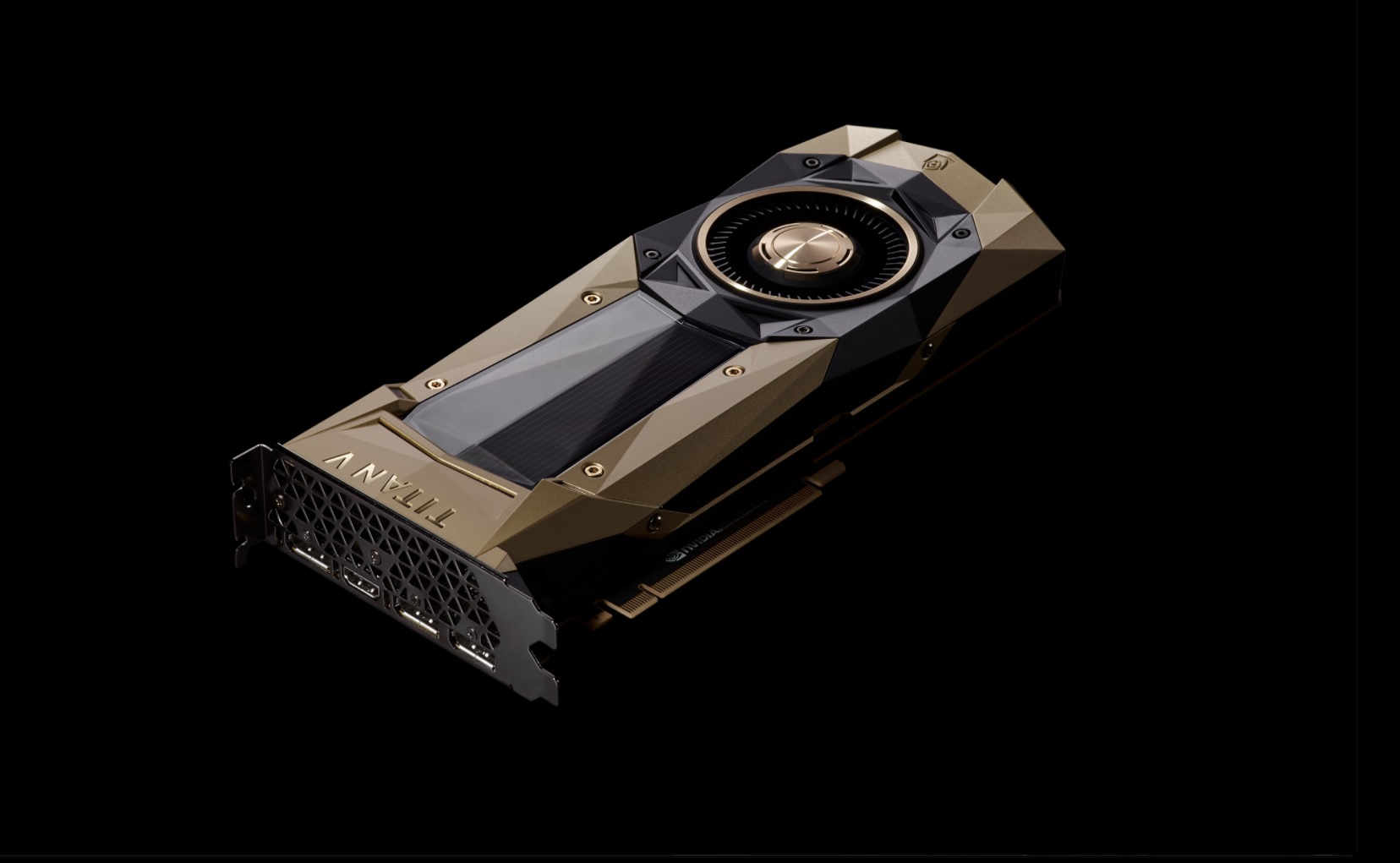
Sign up today and you will receive a free copy of our Future Focus 2025 report - the leading guidance on AI, cybersecurity and other IT challenges as per 700+ senior executives
You are now subscribed
Your newsletter sign-up was successful
Nvidia has launched the most powerful graphics processor unit (GPU) it has ever built, aimed at accelerating artificial intelligence applications and machine learning algorithms.
The Nvidia Titan V is the first consumer-level GPU that makes use of the graphics card company's latest Volta architecture.
But at nearly $3,000 it is really aimed at developers, researchers and companies that wish to create and power AI systems that tap into the parallel processing capabilities of GPU, helping them crunch through massive amounts of data more efficiently than central processing units would.
With a claimed 110 teraflops of compute power delivered through its 21 billion transistors, 5,120 CUDS cores and 12GB of second-generation high bandwidth memory (HBM2), the Titan V is a significant step up from its predecessor, the Titan X, and Nvidia believes it should be able to handle AI simulation and modelling with suitable aplomb.
"Our vision for Volta was to push the outer limits of high performance computing and AI. We broke new ground with its new processor architecture, instructions, numerical formats, memory architecture and processor links," said Nvidia founder and chief executive Jensen Huang.
"With Titan V, we are putting Volta into the hands of researchers and scientists all over the world. I can't wait to see their breakthrough discoveries."
While companies with large coffers and their own data centres can tap into the Volta architecture capabilities with Nvidia's enterprise-grade Tesla cards, these are more costly than the Titan V.
Sign up today and you will receive a free copy of our Future Focus 2025 report - the leading guidance on AI, cybersecurity and other IT challenges as per 700+ senior executives
So while PC gamers with deep pockets will be able to get higher frame-rates in video games and people working on video editing and graphics-heavy computer-assisted design applications are likely to see smoother performance, the Titan V really stands as a gateway for developers to move into AI and machine learning without the need for prohibitively expensive computer and server setups.
This could help fuel the rise of more AI startups, particularly in the UK's technology startup scene, where many fledgling businesses are exploring the use of smart algorithms and machine learning systems.
Picture courtesy of Nvidia
Roland is a passionate newshound whose journalism training initially involved a broadcast specialism, but he’s since found his home in breaking news stories online and in print.
He held a freelance news editor position at ITPro for a number of years after his lengthy stint writing news, analysis, features, and columns for The Inquirer, V3, and Computing. He was also the news editor at Silicon UK before joining Tom’s Guide in April 2020 where he started as the UK Editor and now assumes the role of Managing Editor of News.
Roland’s career has seen him develop expertise in both consumer and business technology, and during his freelance days, he dabbled in the world of automotive and gaming journalism, too.
-
 AI-generated code is fast becoming the biggest enterprise security risk
AI-generated code is fast becoming the biggest enterprise security riskNews Security teams are scrambling to catch AI-generated flaws that appear correct before disaster strikes
-
 Sundar Pichai hails AI gains as Google Cloud, Gemini growth surges
Sundar Pichai hails AI gains as Google Cloud, Gemini growth surgesNews The company’s cloud unit beat Wall Street expectations as it continues to play a key role in driving AI adoption
-
 HPE and Nvidia launch first EU AI factory lab in France
HPE and Nvidia launch first EU AI factory lab in FranceNews The facility will let customers test and validate their sovereign AI factories
-
 Dell Technologies doubles down on AI with SC25 announcements
Dell Technologies doubles down on AI with SC25 announcementsAI Factories, networking, storage and more get an update, while the company deepens its relationship with Nvidia
-
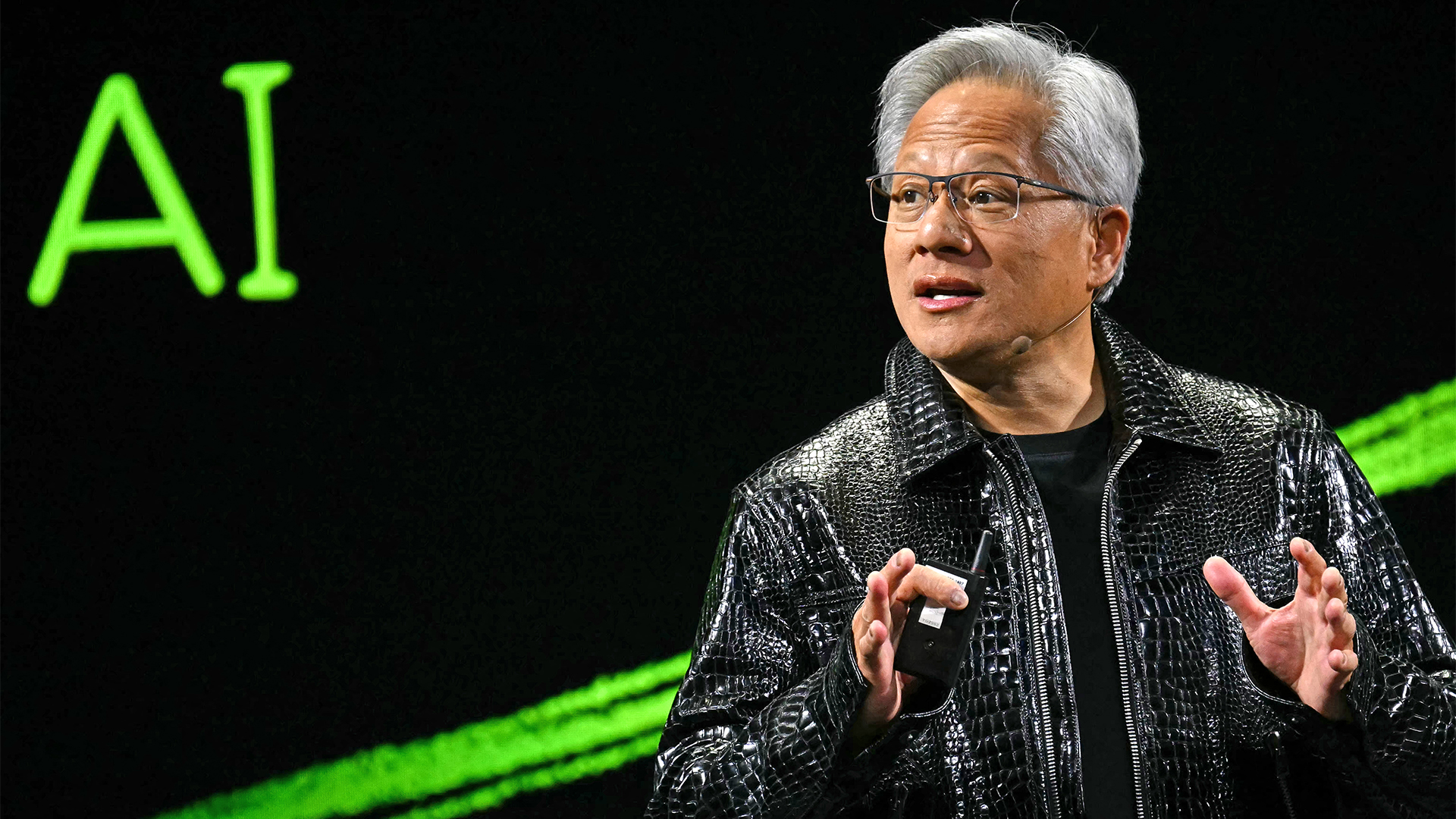 Nvidia CEO Jensen Huang says future enterprises will employ a ‘combination of humans and digital humans’ – but do people really want to work alongside agents? The answer is complicated.
Nvidia CEO Jensen Huang says future enterprises will employ a ‘combination of humans and digital humans’ – but do people really want to work alongside agents? The answer is complicated.News Enterprise workforces of the future will be made up of a "combination of humans and digital humans," according to Nvidia CEO Jensen Huang. But how will humans feel about it?
-
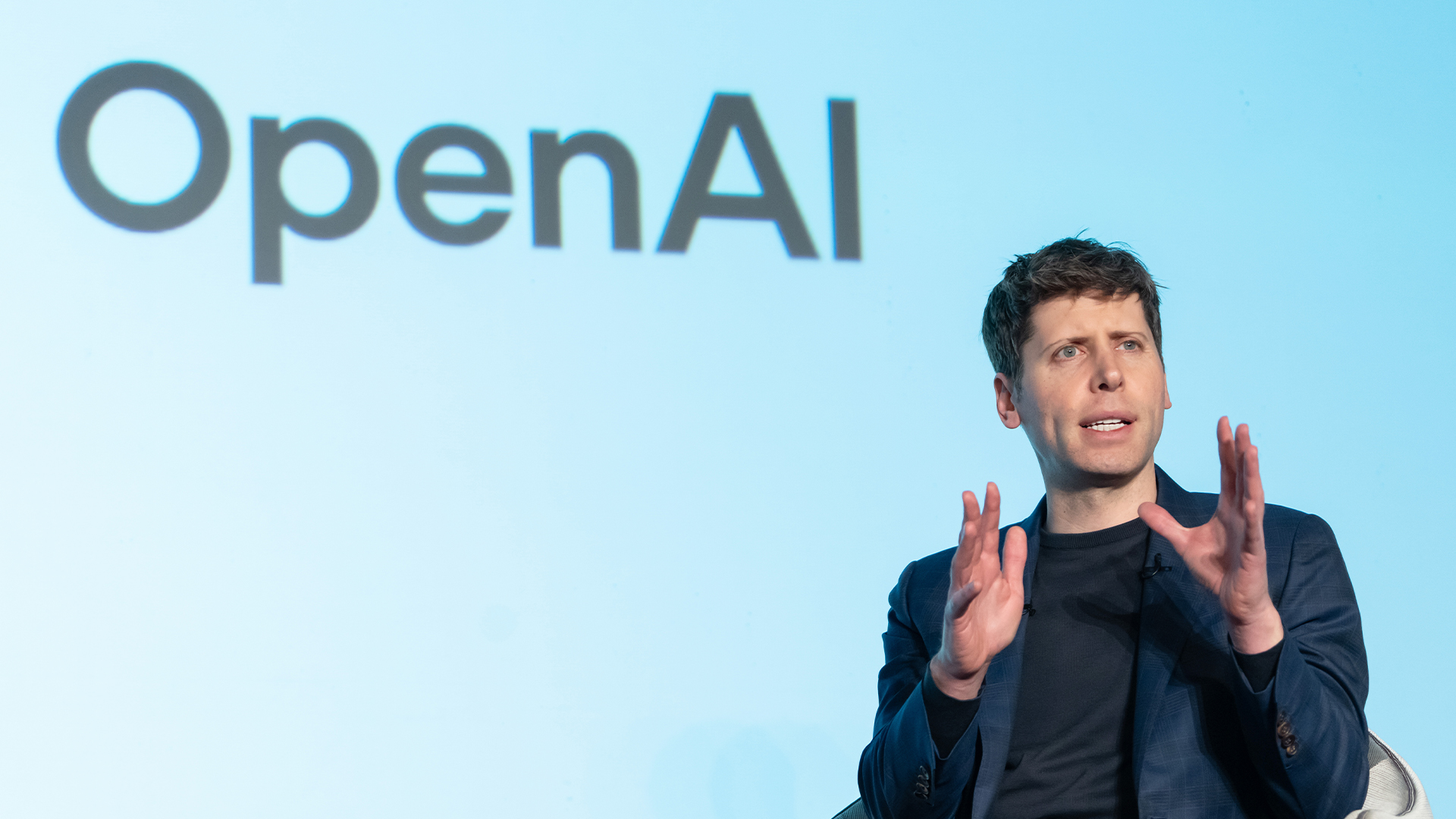 OpenAI signs another chip deal, this time with AMD
OpenAI signs another chip deal, this time with AMDnews AMD deal is worth billions, and follows a similar partnership with Nvidia last month
-
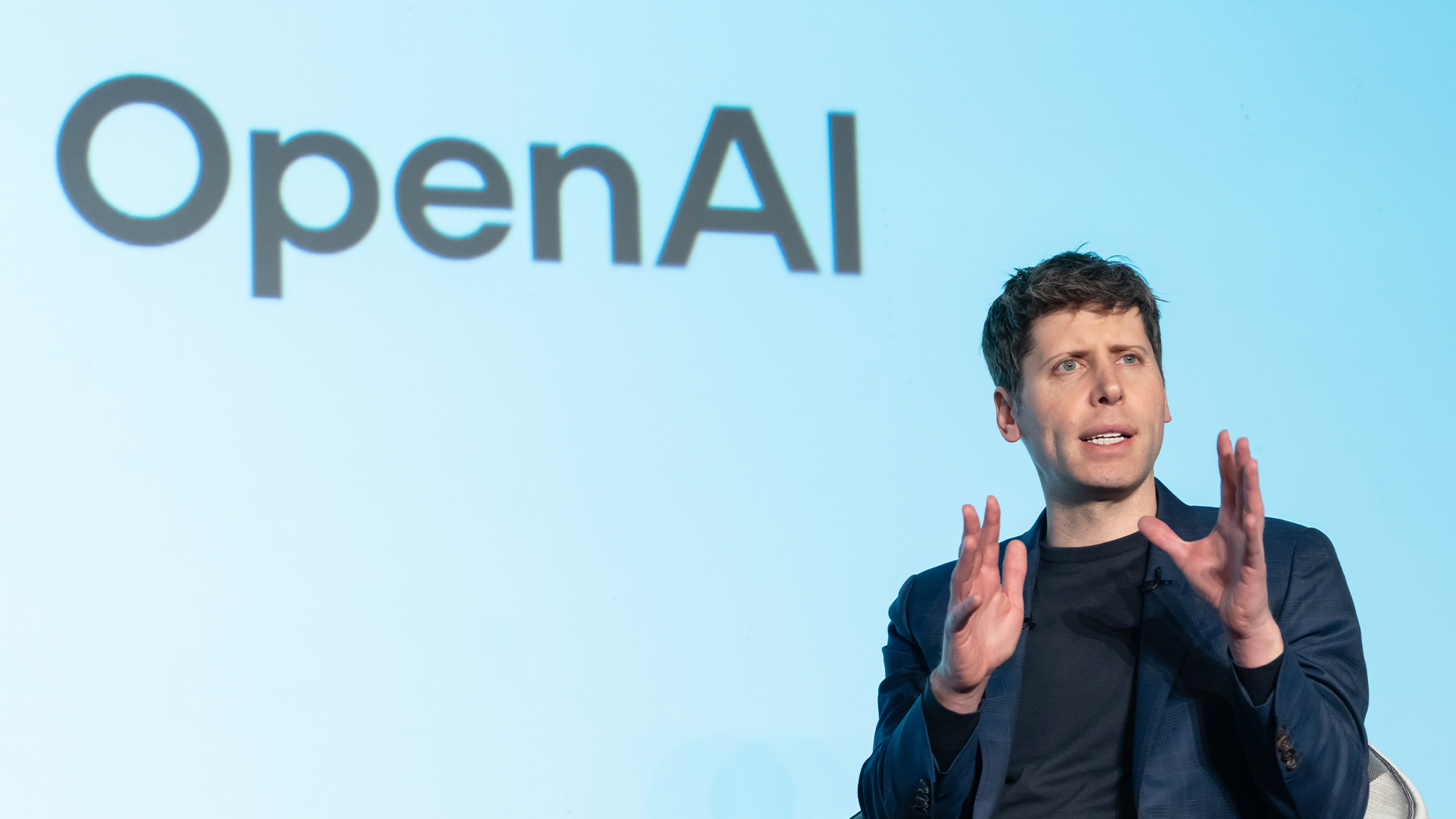 Why Nvidia’s $100 billion deal with OpenAI is a win-win for both companies
Why Nvidia’s $100 billion deal with OpenAI is a win-win for both companiesNews OpenAI will use Nvidia chips to build massive systems to train AI
-
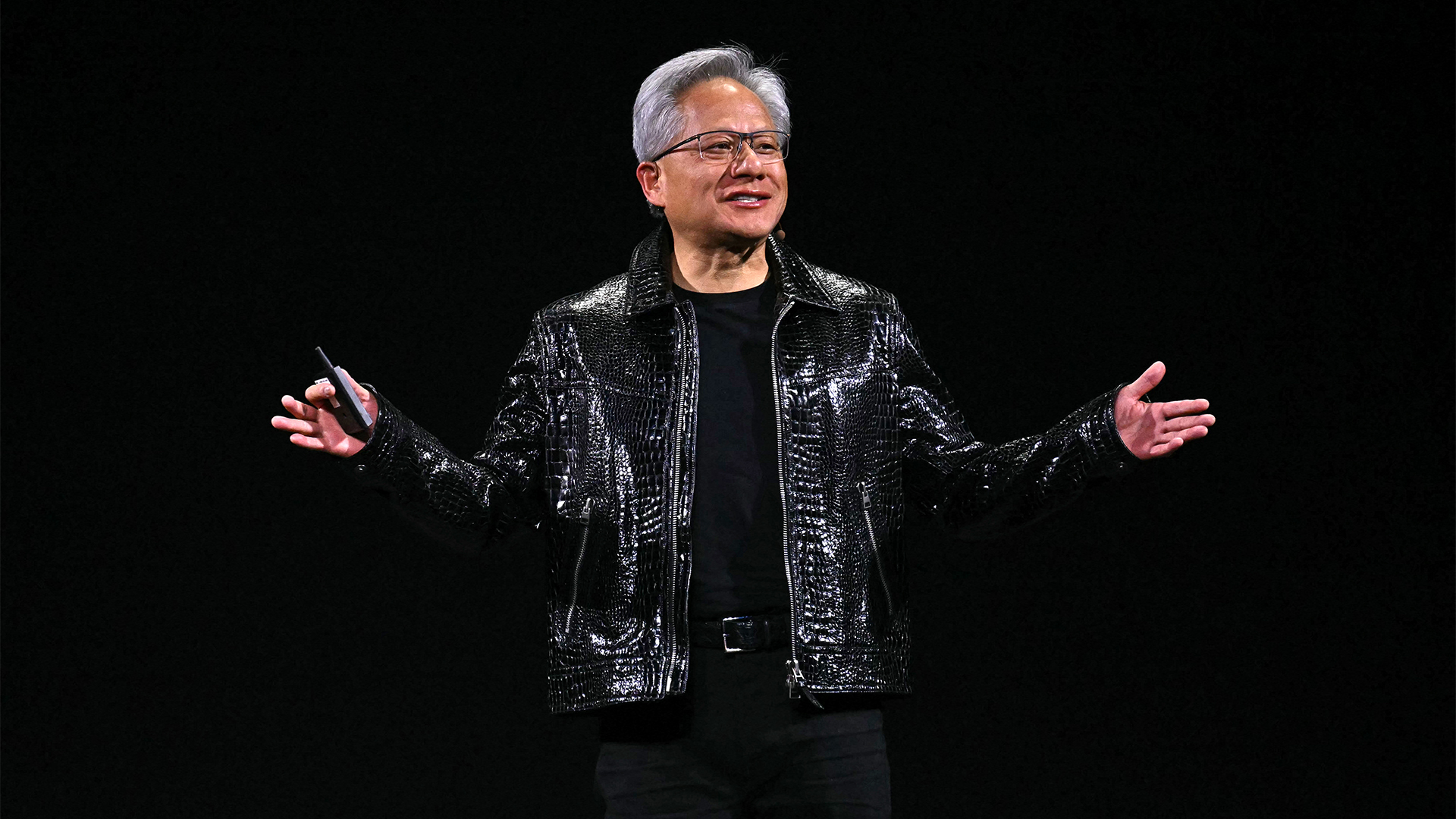 Jensen Huang says 'the AI race is on' as Nvidia shrugs off market bubble concerns
Jensen Huang says 'the AI race is on' as Nvidia shrugs off market bubble concernsNews The Nvidia chief exec appears upbeat on the future of the AI market despite recent concerns
-
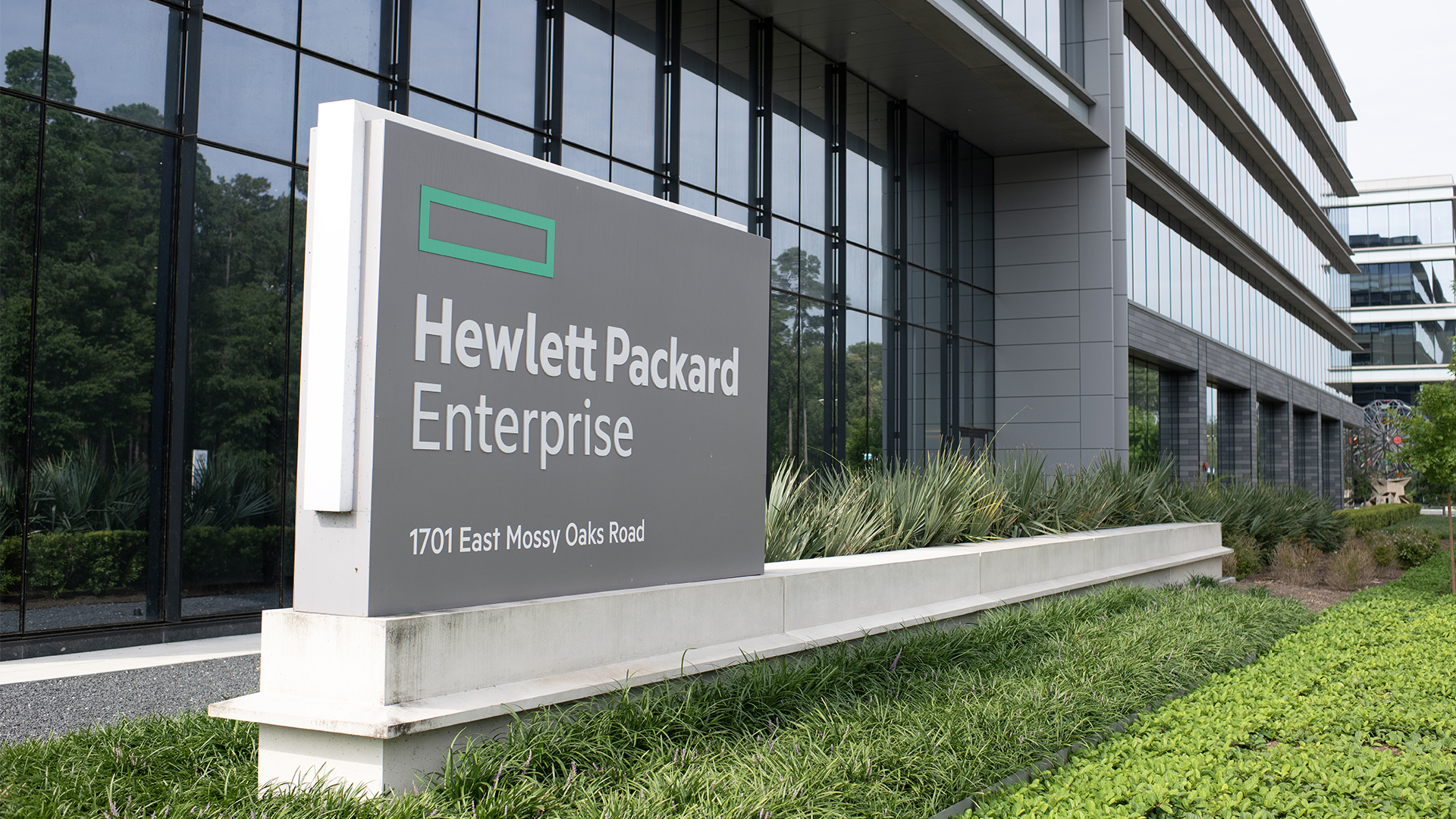 HPE's AI factory line just got a huge update
HPE's AI factory line just got a huge updatenews New 'composable' services with Nvidia hardware will allow businesses to scale AI infrastructure
-
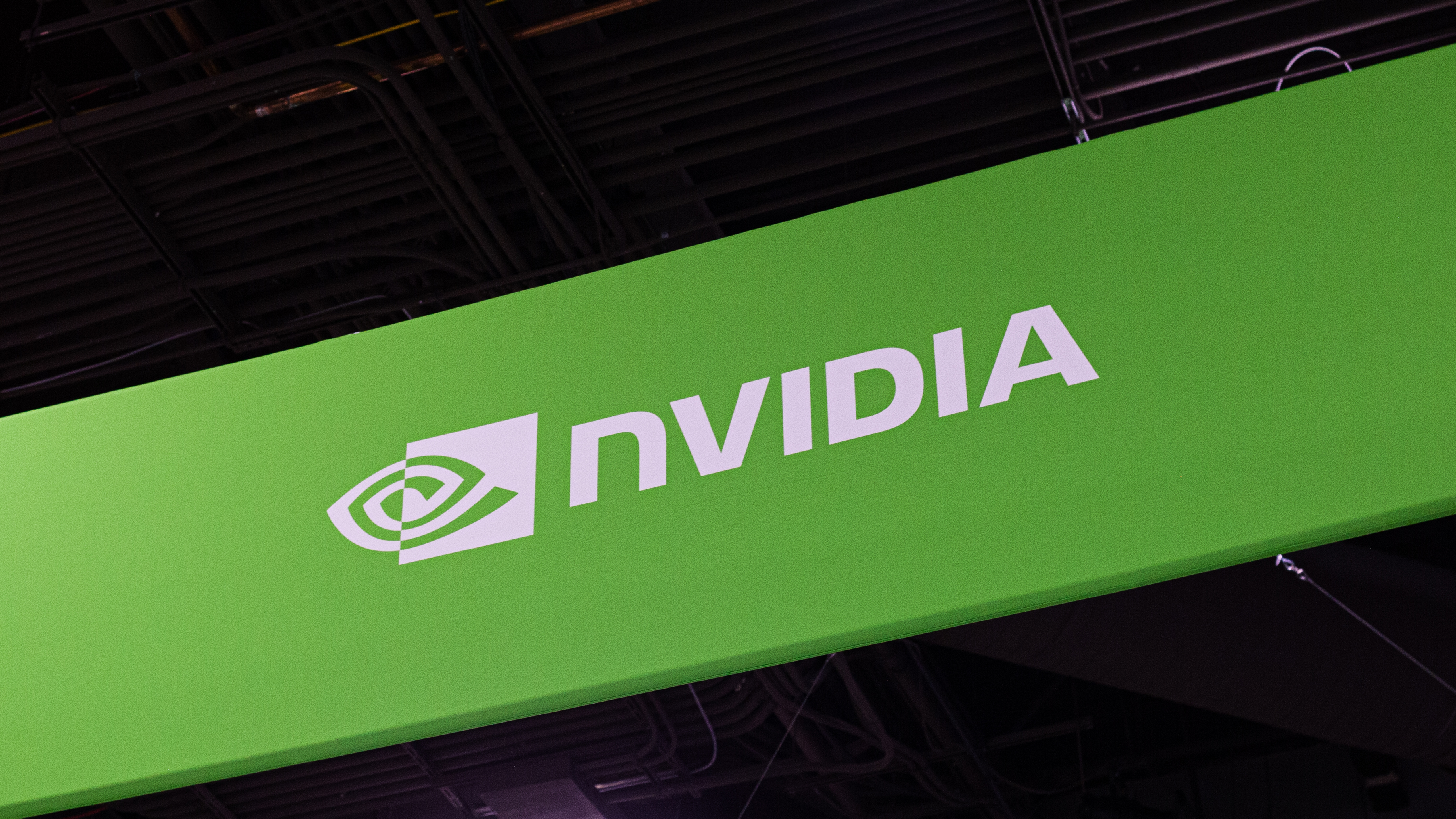 Nvidia, Deutsche Telekom team up for "sovereign" industrial AI cloud
Nvidia, Deutsche Telekom team up for "sovereign" industrial AI cloudNews German telecoms giant will host industrial data center for AI applications using Nvidia technology
